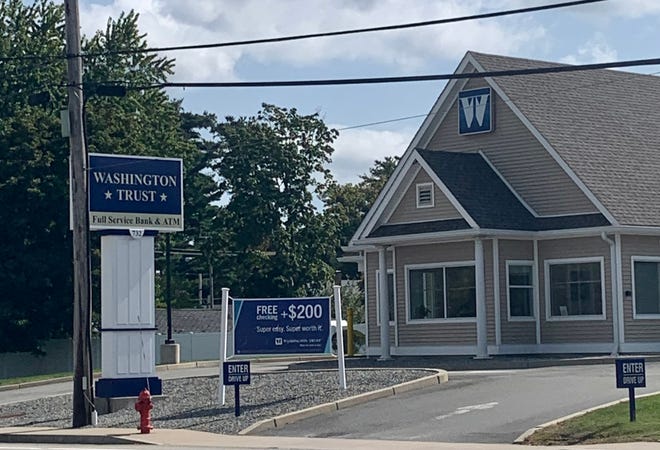
PROVIDENCE − The Westerly-based Washington Trust bank has agreed to a $9-million, five-year settlement with the Department of Justice over allegations that it discriminated against Black and Hispanic residents trying to get mortgages in Rhode Island between 2016 and 2021.
The bank engaged in “redlining,” defined as the practice of discriminating against communities of color by not providing them services, including offering loans and mortgages, the Rhode Island U.S. Attorney’s Office alleged in a complaint filed on Wednesday morning in federal District Court.
Washington Trust allegedly avoided lending to people from majority Black and Hispanic communities by not opening branches where they live, having nearly no one who speaks Spanish working as a mortgage officer and not having most of its website translated into Spanish, according to the complaint.














